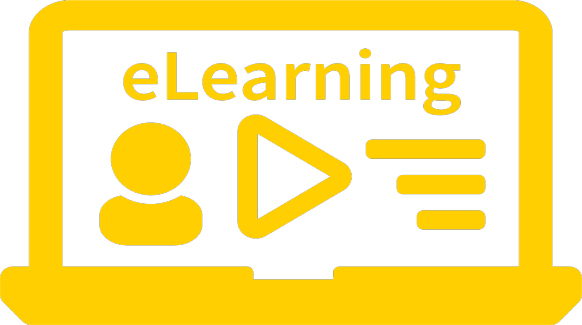
Click image to zoom.
Double click image to zoom.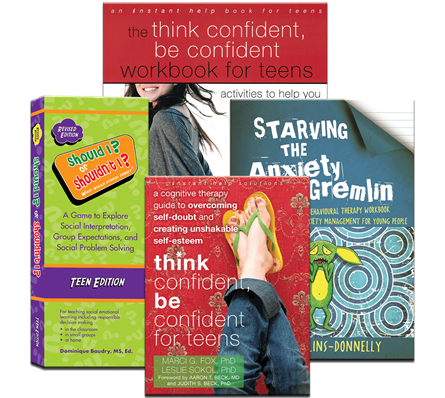
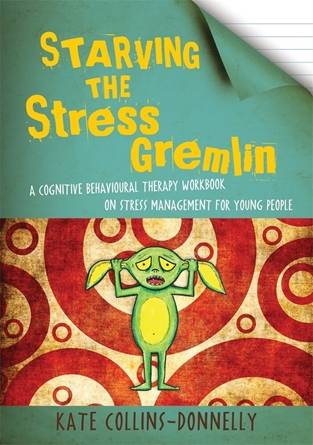
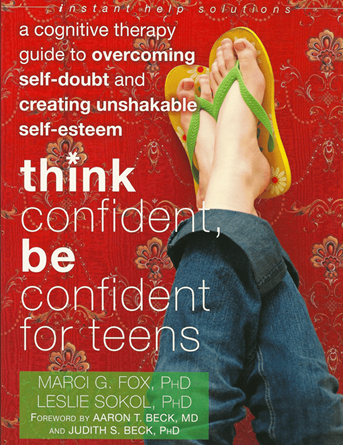
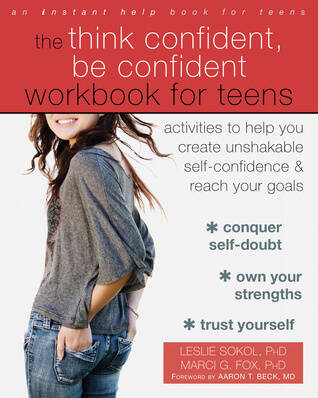
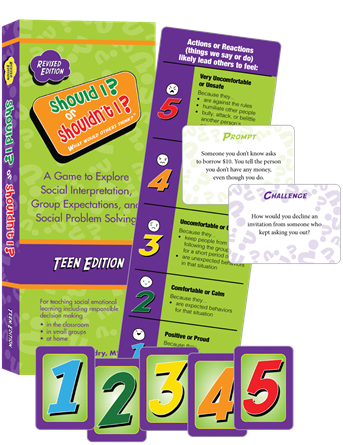
- Ages: 13-18
- Format: Paperback
- ISBN: B-TNWA
- Published: 2023
Description
Support tweens & teens in managing their own anxiety with this budget-saving bundle of three books and a popular social learning card game created specifically for this age group. Hands-on and tween & teen-friendly, these products are packed with practical tips, fun activities and skill-building exercises, relatable real-life stories, and relevant situations that motivate and empower kids to understand and manage their anxiety, along with building confidence in their own strengths to meet challenges head on.
Take a look inside the bundle!
Starving the Anxiety Gremlin
This must-have anxiety management workbook helps young people ages 10+ understand why they get anxious and learn about the different types of anxiety. Based on the cognitive behavioral therapy (CBT) principle that thoughts, feelings, and behaviors are interconnected, this award-winning book shows how to use simple, practical techniques to manage anxiety in its many forms, including phobias, separation anxiety, panic attacks, and obsessive-compulsive disorder. Kids can learn independently through fun activities and real-life stories from others struggling with the same challenges or explore the workbook with the guidance of a parent or professional. Buy the book as part of the bundle, or separately at full price.
Think Confident, Be Confident for Teens
Confidence is a magnet that attracts others and helps people achieve their goals. In this accessible, confidence-coaching handbook, two leaders in the field of cognitive behavioral therapy (CBT) show teenagers and young adults how to build and tap into their self-esteem so they can learn to be themselves no matter how awkward or scary it may seem at first. Fun exercises and tips guide readers through feelings of self-doubt and encourage them to believe in themselves, strengthen their friendships, and meet every challenge head on. For additional skill-building exercises see The Think Confident, Be Confident Workbook for Teens. Buy the book as part of the bundle, or separately at full price.
The Think Confident, Be Confident Workbook for Teens
Two leaders in the field of cognitive behavioral therapy (CBT) present the wisdom and guidance of their book Think Confident, Be Confident for Teens in a fun, teen-friendly workbook format. Filled with easy CBT-based activities and tips, this workbook guides students through a process of self-study, encouraging them to explore alternative pathways when faced with self-doubt and inner criticism. The exercises foster skills that help empower teens to replace self-doubt with self-confidence, leading them to become the people they want to be. Buy the book as part of the bundle, or separately at full price.
Should I? or Shouldn’t I? What Would Others Think? Revised Edition for Teens
Revised and updated, this popular social learning card game provides the all-new Social Interpretation Scale to motivate teens to explore how they perceive, interpret, and emotionally respond to others’ actions and reactions and discuss group expectations across a wide variety of social situations. The new Teaching Guide and Instructions help interventionists shift students’ focus from discussing how someone behaved to instead learning about the power of one’s own social interpretation within a fun, safe, and consequence-free setting. This revised edition extends teaching the concept of the Social Emotional Chain Reaction (SECR), a Social Thinking® Methodology framework. Buy the game as part of the bundle, or separately at full price.
Related Materials

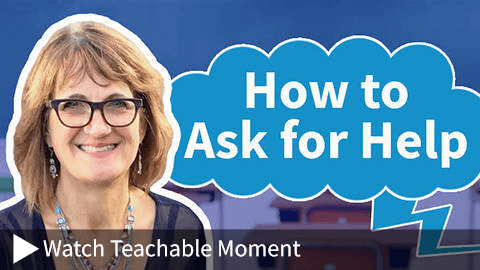
Instructor: Michelle Garcia Winner
It’s human nature to want to help others, but it’s often difficult for people to ask for help, especially those with social emotional learning differences. In this webinar, we’ll discuss why children, students, and adults may resist help or refuse to ask for it and we’ll deconstruct the multi-step process through which we ask for help. We’ll also explore the social emotional benefits for all participating in this unique and rewarding relationship.

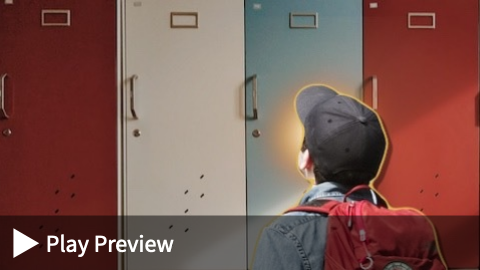
Instructor: Michelle Garcia Winner
Chronic stress and anxiety can impact children’s ability to focus and learn, whether it’s in the classroom or through an online education portal. Helping children metacognitively explore their stress is the first step toward their self-regulation, and this metacognitive understanding also helps interventionists (parents and professionals) learn how to avoid creating even more stressors for children during the pandemic






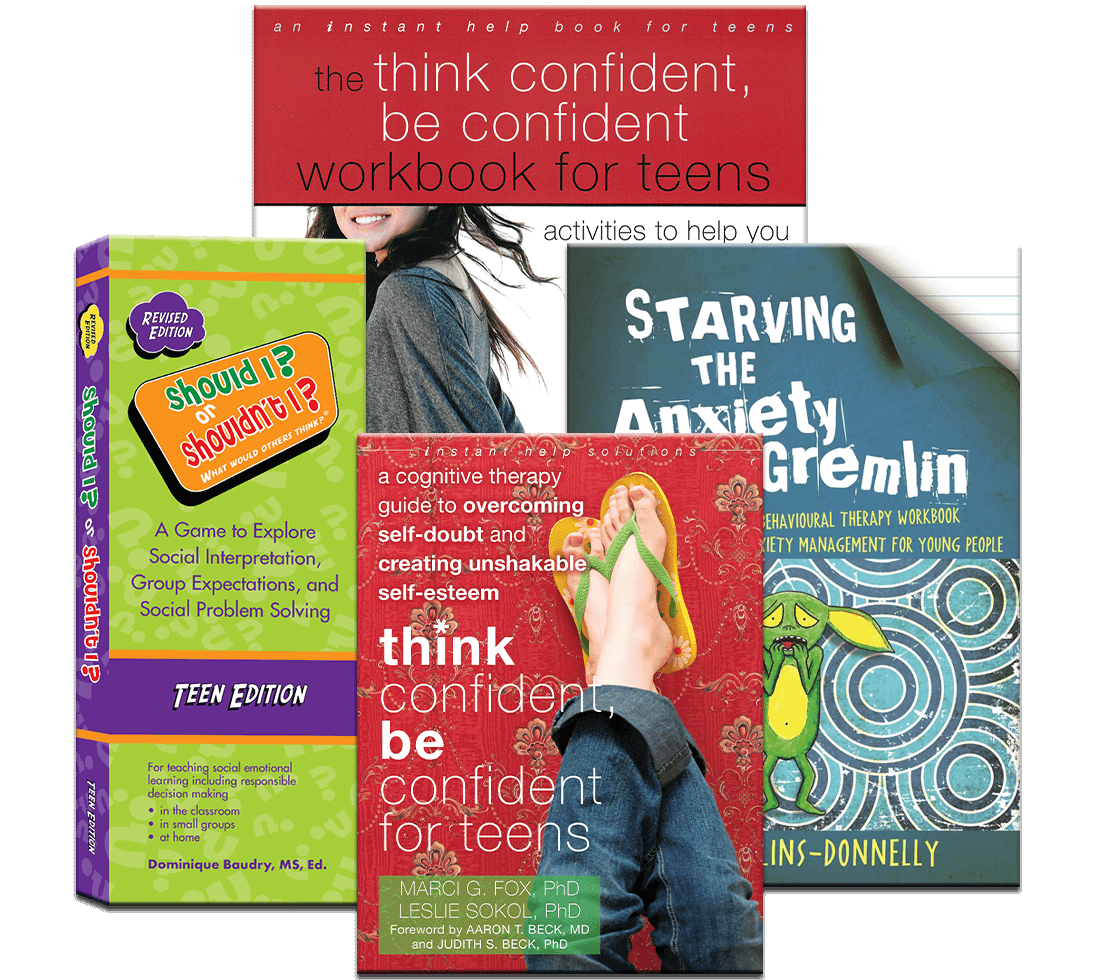

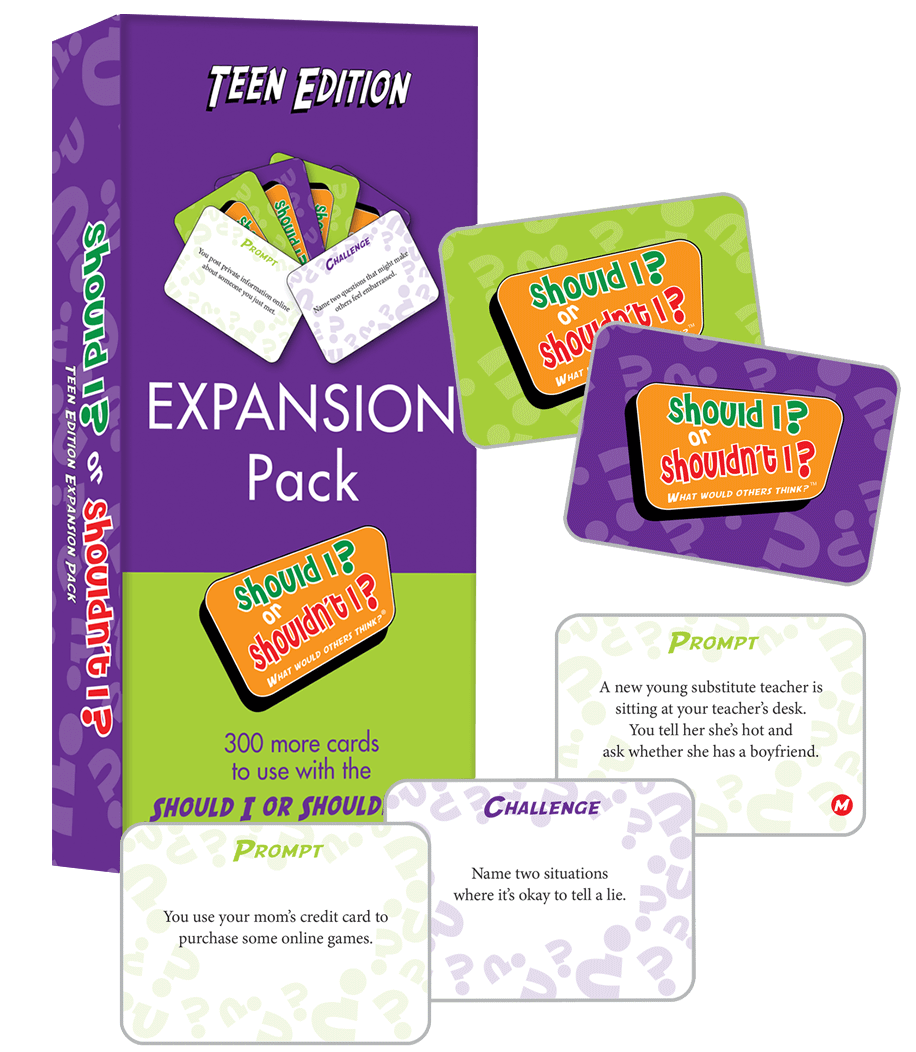
Supporting Worries & Anxiety: Tweens & Teens Bundle
Tell us something good!
There was a problem adding this comment. Plaease try later.
Please log in